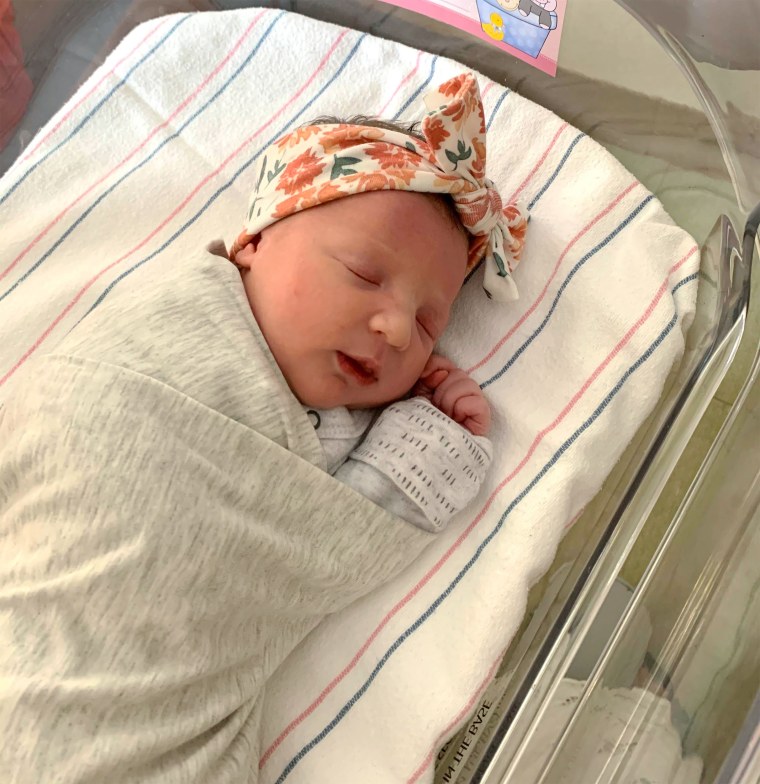A couple from Tennessee has set another record for having the longest embryo to be born, stored for 27 years, as their daughter Molly came into the world in October.
Embryo donation is an option if you and your partner require both egg and sperm donation, or if you are a single woman who cannot use your own eggs. Embryos are usually donated by couples who have successfully had their baby or babies from In vitro fertilization (IVF) and who want to help other couples.
Tina and Benjamin Gibson approached the embryo-adoption option since Tina struggles with her infertility. Molly was the second daughter to be born from this process, whereas the first one, Emma, was also born from a 24-year-old embryo they received back in 2017 – this makes it the second time for them to successfully birth a longer-than-expected stored embryo.
Certainly, not every mother thinks that this is the ideal way to have a family, but she was very grateful that she was able to be impregnated and to give birth to such beautiful daughters, calling it a “miracle”.

“I was so scared to open up my heart to the potential of having a pregnancy,” Tina Gibson said. “I was so scared it wouldn’t work. And then it would just be ripped away from me again.”
The clinic staff is “thrilled” for the Gibsons, National Embryo Donation Center President Dr. Jeffrey Keenan said.
“Embryo adoption is a fantastic option for so many couples,” Kennan said. “It’s an exceptionally successful and very cost-effective option, and it’s sometimes really the only option for couples where the mother can actually experience a pregnancy and the birth of a child.”

This center takes embryos from couples that have no plans to extend their family or any further – they would donate the fertilized egg from the woman and find a chance for the embryo to be given to couples that have issues as Tina does.
Molly’s embryo, which was frozen in 1992, is the oldest known embryo to result in a birth, according to the University of Tennessee Preston Medical Library.
The fact that Molly was born from such an old embryo, frozen with less reliable technology than what’s available now, is a good sign that there might be “no real-time limit” on how long frozen embryos remain viable, Keenan said.
“We expect even greater viability, and we expect this will be a relatively common story, 27 years from now,” Keenan said.









Leave a Comment